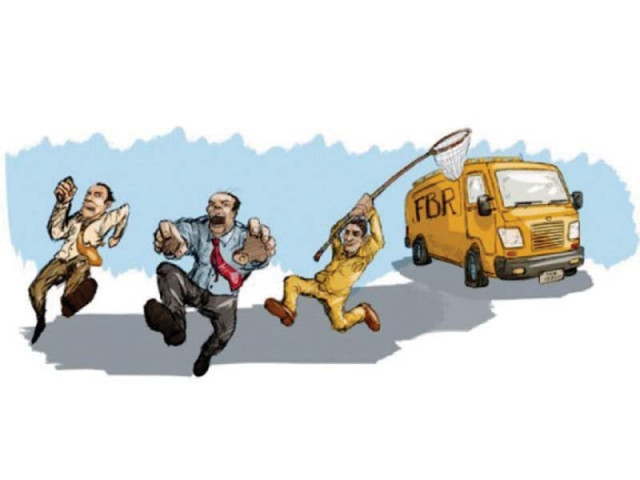Flat tax: rethinking the debate
It is transparent, fair, inclusive and could fix the tax system.

It is transparent, fair, inclusive and could fix the tax system. CREATIVE COMMONS
Most of these proposals are addressed from sectorial business standpoint - and thus they are necessarily restricted in nature. For example, a tax rebate to one part of the value chain industry can imply a negative tax on another part of same value chain. If local yarn manufacturers are offered protection by higher customs duty on imported yarn, garment manufacturers plead for a tax rebate or lobby to reduce customs duty on yarn.
The lobby that has more power to influence decision makers usually wins. In this wrangle, rationality and larger public interest are often subjugated. Business and politics win over market and economics.
On the other hand, from the tax administration’s point of view, greater level of differentiation and exemptions lead to rent-seeking and corruption. There are 58 types of withholding taxes in Pakistan at the moment, almost 5,000 tariff lines of customs and multiple rates of sale tax. An industrial unit has to deal with at least 55 different federal taxes every year. Rate differentiation has also increased illegal input tax adjustments and inadmissible refunds in Pakistan.
Withholding taxation counts almost 80% of direct taxes and have effectively rendered direct income taxation to a mere 5% of total tax collection. Pakistan had around 1.8 million tax payers in 2006, reduced to a mere 1 million. This is a clear no-confidence-vote, and the tide doesn’t appear to be changing either.
The situation has jeopardised the state badly, as the federal government is unable to meet even current expenditures. The state has become incapable of performing its most essential duties - protection of life, liberty and property of its citizens. This situation will not be fixed in one day but a radical re-think is direly needed.
From tax policy and design perspective, patchwork of tax proposals is an exercise in futility. Thus the proponents of flat taxation - the noted scholars of tax law, Dr. Ikramul Haq and Huzaima Bukhari need serious attention.
Their new study ‘Towards Flat, Low-rate, Broad and Predictable Taxes’ present the contours of a fresh and comprehensive approach to a fair, efficient and effective tax system. In a nutshell, the authors demand a flat-rate income tax of 10% on individuals and 20% on corporates, a single stage sales tax of 5%, a flat customs duty of 5%, a new National Tax Authority and a two-tier federal tax tribunal.
Their work is largely inspired by the father of supply side economics, Dr Arthur Laffer, who, interestingly enough, attributes his own theory of flat taxation - Laffer Curve – to the celebrated Ibn-e Khuldoon. In Laffer’s own words, “... the best tax is one that has the lowest possible tax rate on the largest tax base. The lowest rate creates the least incentive to evade, avoid, or otherwise not report taxable income… In addition, lower tax rates go hand in hand with greater incentives to work and produce”.
On the face of it, flat taxation goes against the grain of social justice. Rich should pay more tax, proportionately, than the poor. However, in real, even in a flat taxation mode, the rich would pay substantially more tax than the poor - in absolute sense.
Critics of a low-rate-flat-tax, fearing loss of revenue, cite the old, infant industry argument. These fears can be addressed by introducing flat rates in selected jurisdictions at a pilot level and a gradual phasing down of import taxation can be tested. The government seems serious in this context by withdrawing SROs.
To sum it up, tax is primarily needed for a government to function, not for wealth redistribution. Therefore for legitimate taxation, the government needs to be lean as well as transparent. That the government is failing in its drive to expand the tax net, regardless of tax proceeds, is a testimony to the failure of an increasingly complex, uncertain and progressive tax regime. The only solution is to do the exact opposite of what has been attempted thus far: move to a low, flat, broad and predictable tax regime.
The writer is founder and executive director of PRIME Institute, an independent free market think tank based in Islamabad.
Published in The Express Tribune, May 16th, 2016.
Like Business on Facebook, follow @TribuneBiz on Twitter to stay informed and join in the conversation.


















COMMENTS
Comments are moderated and generally will be posted if they are on-topic and not abusive.
For more information, please see our Comments FAQ